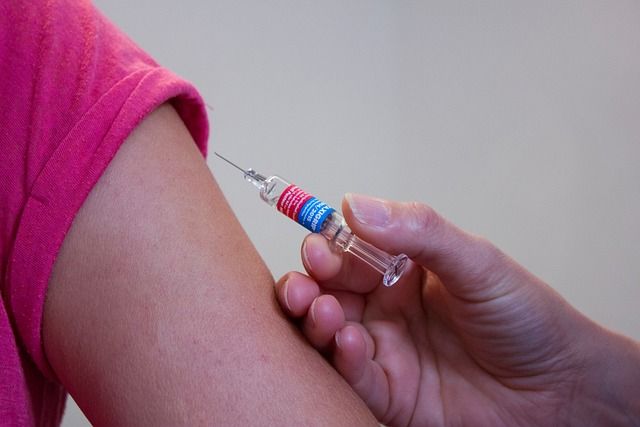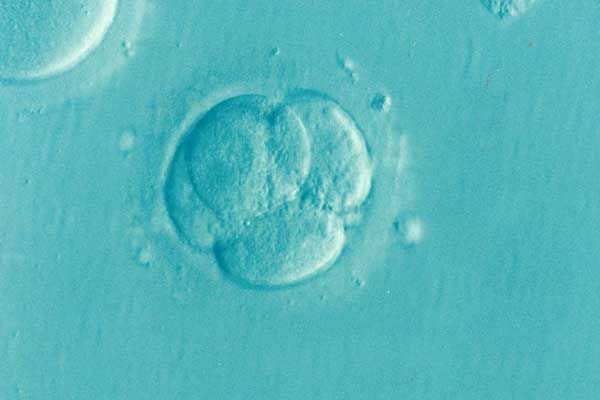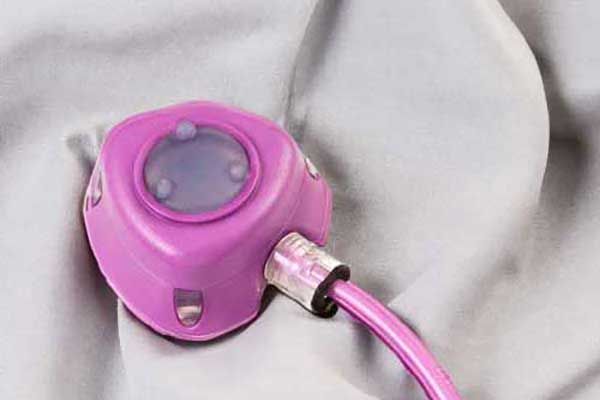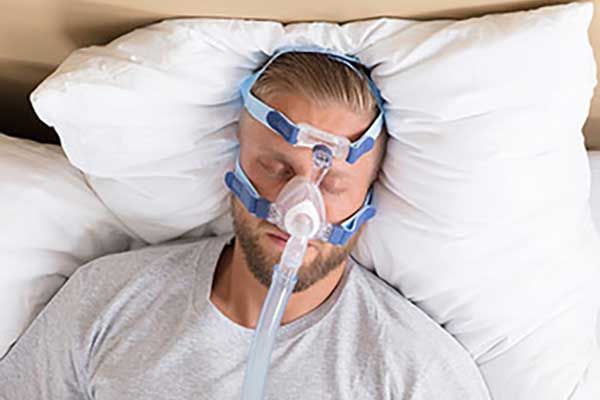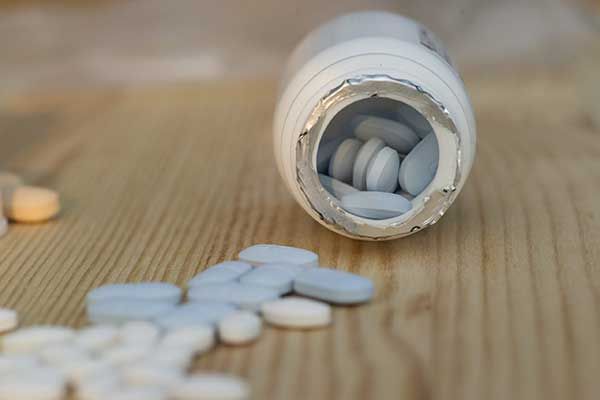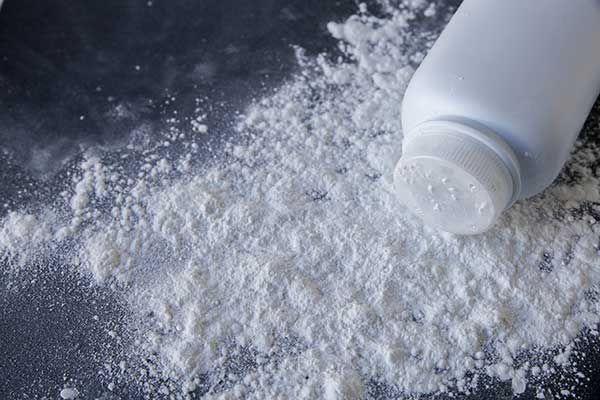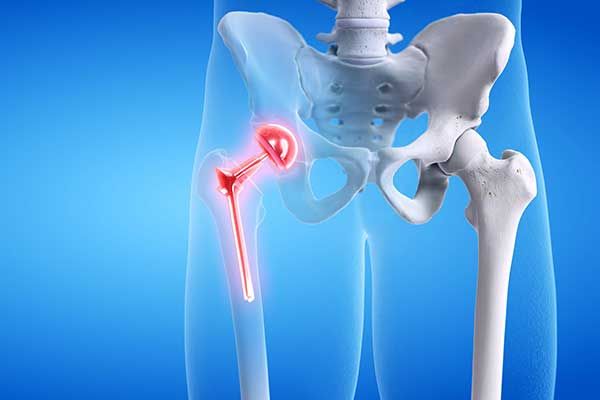
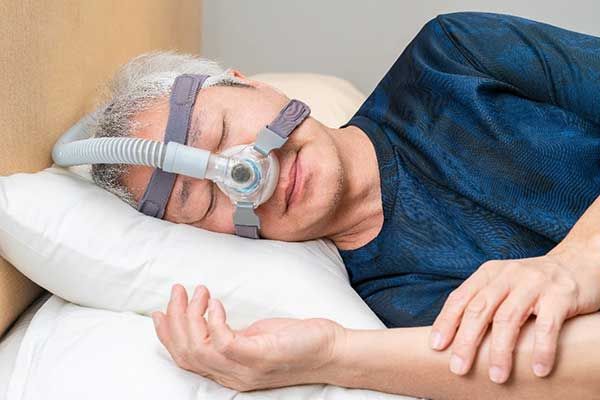
Philips OK’d Continued Sales of CPAP Machines Despite Knowledge of Defect, According to Investigation
Philips continued to sell defective breathing machines, even after its own scientists raised red flags. A year-long investigation by ProPublica and Pittsburgh Post-Gazette delves into the CPAP machine recall which affected millions of patients.
In June 2021, breathing machine manufacturer Philips Respironics recalled millions of its CPAP and BiPAP devices, as well as mechanical ventilators. The recall stemmed from thousands of complaints concerning a dangerous defect in the machine that had been linked to serious health conditions, injuries, and even death. Recalled devices included the popular DreamStation model used by many people to treat sleep apnea. The machines were outfitted with a certain type of foam to quiet vibrations when in use, but the foam was found to degrade over time—releasing carcinogenic particles and gasses into the user’s airways, potentially causing a myriad of health problems including certain cancers.
According to a year-long investigation by ProPublica and the Pittsburgh Post-Gazette looking inside 100,000 recall-related complaints submitted to Philips and the FDA over a 10-year period, the Dutch medtech giant told distributors to continue selling the machines even after red flags were raised about the defect. The directive came from the company’s now-CEO Roy Jakobs who, despite Philips’ own scientists discovering the serious risks to patients, OK’d continued sales.
Since Philips finally issued its recall on millions of its respiratory devices in June 2021, the FDA has been critical in the company’s handling of the recall. Now over two years later, with some of the affected machines repaired or replaced, the FDA is unimpressed and unsatisfied with the status of the recall. This latest criticism from October 2023 takes issue with the independent testing of the defective foam, which Philips was requested by the FDA to commission.
As more patients continue to file CPAP lawsuits against the company, Philips has already reached a settlement addressing economic losses patients have suffered as a result of the recall, such as the out-of-pocket cost of replacing a personal device. Plaintiffs are seeking restitution from Philips in holding it accountable for their personal injury and wrongful death claims, in addition to complaints seeking to have the company cover costs for continued monitoring of medical conditions by patients affected by the recall.
If you used a recalled Philips CPAP, BiPAP or mechanical ventilator, such as the DreamStation ASV, C-Series ASV, SystemOne ASV4, DreamStation Go, REMstar SE Auto, Trilogy 100, A-Series BiPAP V30 Auto, and other models, you may have experienced side effects that could signal serious health conditions. Some of those include:
- Airway inflammation
- Serious irritation of the eyes, nose and respiratory tract
- Asthma
- Respiratory system issues and infections
- Carcinogenic effects
Are You Eligible to File a Philips CPAP or BiPAP Lawsuit?
Our experienced attorneys are taking Philips CPAP and BiPAP cases nationwide. Contact our firm to schedule a free case evaluation. Individuals that used a Philips PAP model or mechanical ventilator between 2009-2021 may be eligible to file a lawsuit against the manufacturer.

